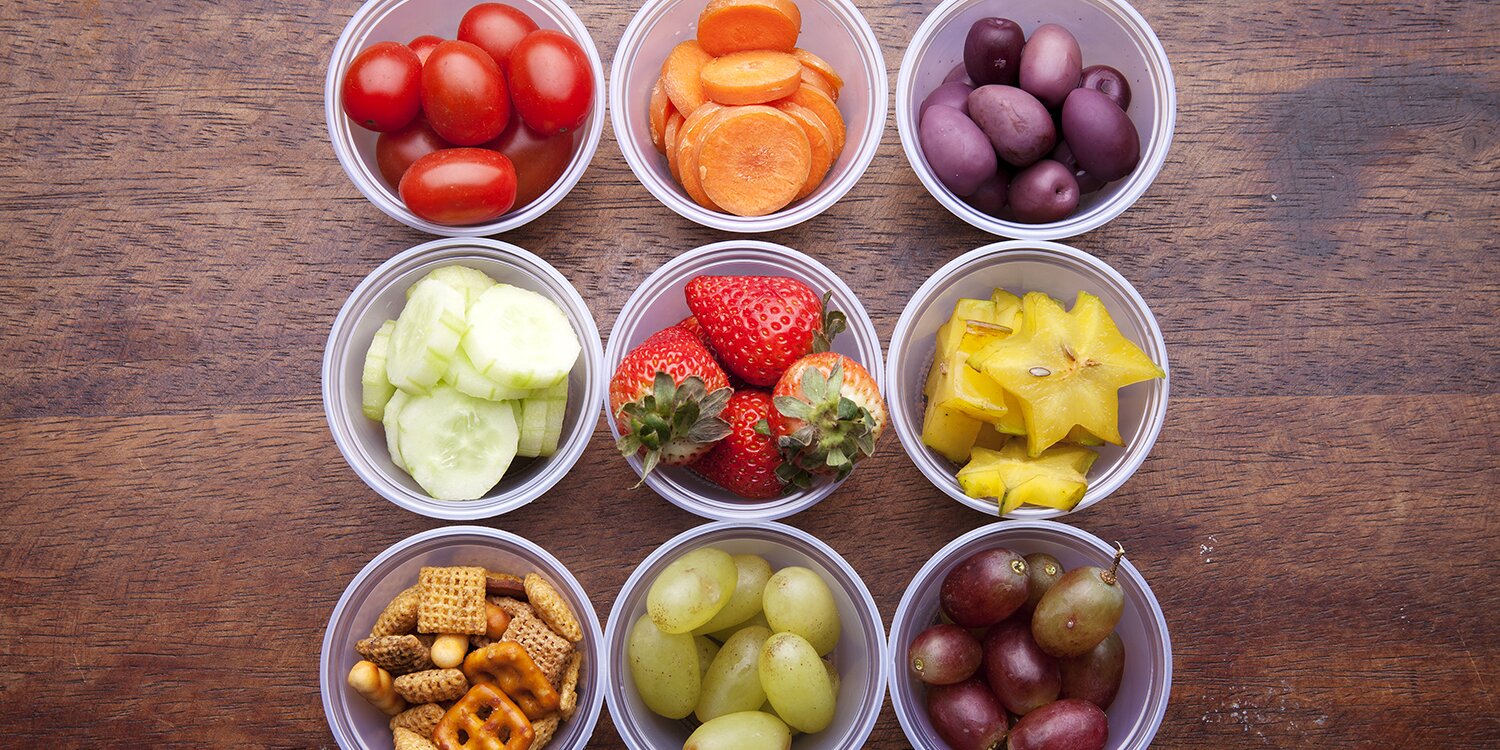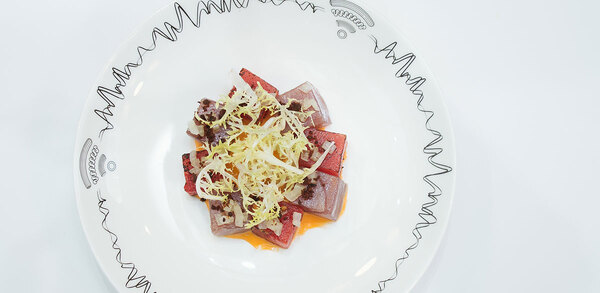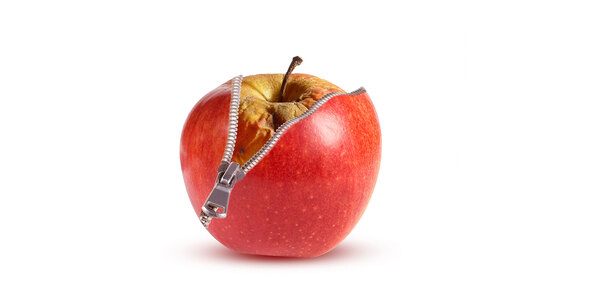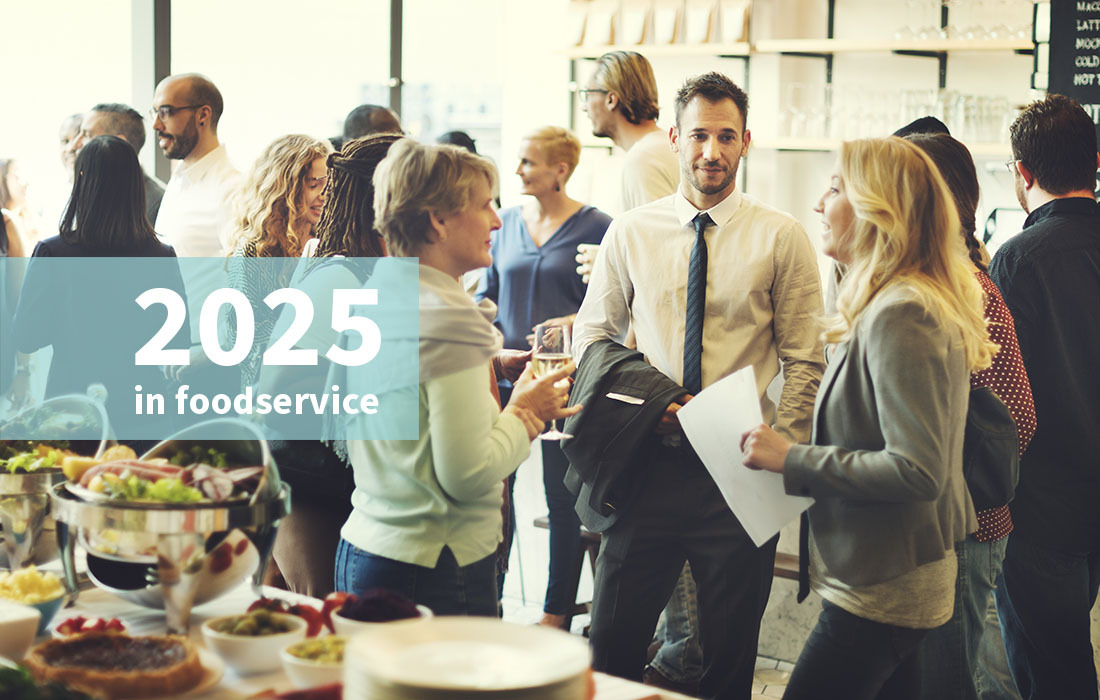How to utilise personalised nutrition when catering for the workplace
A workforce marches on its stomach, so make sure your menu caters to their needs, says Liz Forte, health and wellness director at Eurest UK
Personalised nutrition is tipped to become one of the biggest business trends in workplace catering in 2022.
The Association of UK Dietitians suggests we consume as much as 60% of all our food and drink in the workplace – and many people spend more than 40 years of their life at work. So businesses providing food and drink have a responsibility to consider what is offered and its impact on employee health and wellness. One of the keys to personalised nutrition is that not everybody needs the same diet. Employees who spend all day on their feet in a factory or warehouse require different nutrition to those who spend the day sitting at a desk.
Businesses need to think about what food and drink they offer in their workplace restaurant and how they can help employees refuel. Here are six ways to embrace personalised nutrition in the workplace:
1 Think about workforce wants and needs
Consider the tastes and needs of your workforce because all are different. If employees require food that provides energy in the afternoon, consider healthier options than a burger and fries. Why not include a plant-forward dish that contains one of your five a day? Brown rice is a great swap for white rice, sweet potato for regular potato.
Ask what your employees want, as they may be crying out for healthy options. One of the consumers we surveyed said: “Just because I work in manufacturing doesn’t mean I just want to eat chips”.
2 Take advice from nutritionists rather than following fads
Having access to nutritional expertise is vital to understanding how to help employees improve their wellbeing through what they eat and drink. Base menus and catering strategy on facts rather than dieting fads.
Superfoods are a myth. Very few have a significant impact on their own, even if they are high in vitamins or antioxidants. There is also growing scepticism around so-called “immune boosters”, a term adopted by some influencers and brands that is not evidenced scientifically. Focus instead on functional foods, which deliver additional benefits on top of their nutritional value, such as probiotics and prebiotic fibre.
3 Don’t forget snacks
A survey by Eurest revealed that Generation Z is more likely to graze throughout the day rather than eat a big meal. So planning a variety of menu options, including hot, rustic main meals, treats and snack dishes can help employees. Food for mood is a growing trend. Providing healthy mini-treats can encourage levels of serotonin in the gut, which stabilises mood and a feeling of wellbeing. Increasing numbers of employees are taking an interest in gut health and are searching for slow-release energy options rather than snacks high in sugar. Help them to order these to their desks via an app.
4 Embrace plant-based options
Plant-based and plant-forward options are growing in popularity and can be a powerful way of improving diet. Make these meals attractive so that people who normally eat meat are also tempted. Eurest, for instance, has a Plantilicious range, which is extremely popular.
The rise of the ‘flexitarian’ – people who are open to increasing their intake of plant-based food without giving up meat – provides opportunities for healthy nudging.
Caterers should train their own chefs on how to cook plant-based options and meat alternatives. Try ingredients such as aquafaba, or chickpea water, to create plant-based mayonnaise, or use nutritional yeast, which contains B12 (often lacking in plant-based diets) to thicken sauces.
5 Focus on informative labelling
Providing employees with clear information on what is in their food, such as salt, fat and calories, is important. However, recently some companies have been experimenting with eco-labelling, which sees dishes categorised according to their environmental impact to encourage consumers towards sustainable and planet-friendly meal choices, such as plant-based dishes.
Scoring is based on greenhouse gas emissions, water scarcity, water pollution and biodiversity loss. Eco-labelling can generate positive results for businesses looking to achieve net-zero emissions or just lessen their impact on the environment by creating more sustainable dishes.
6 Make old favourites healthier
Reducing sugar, fat and calorie content in favourite dishes can be an effective way to move employees to a healthier diet almost without them noticing. It is important, however, to ensure they taste just as good. Eurest chefs, for instance, don’t use salt but they do use vinegars, herbs and pepper to increase flavour.
Dado Photos/Shutterstock.com


















